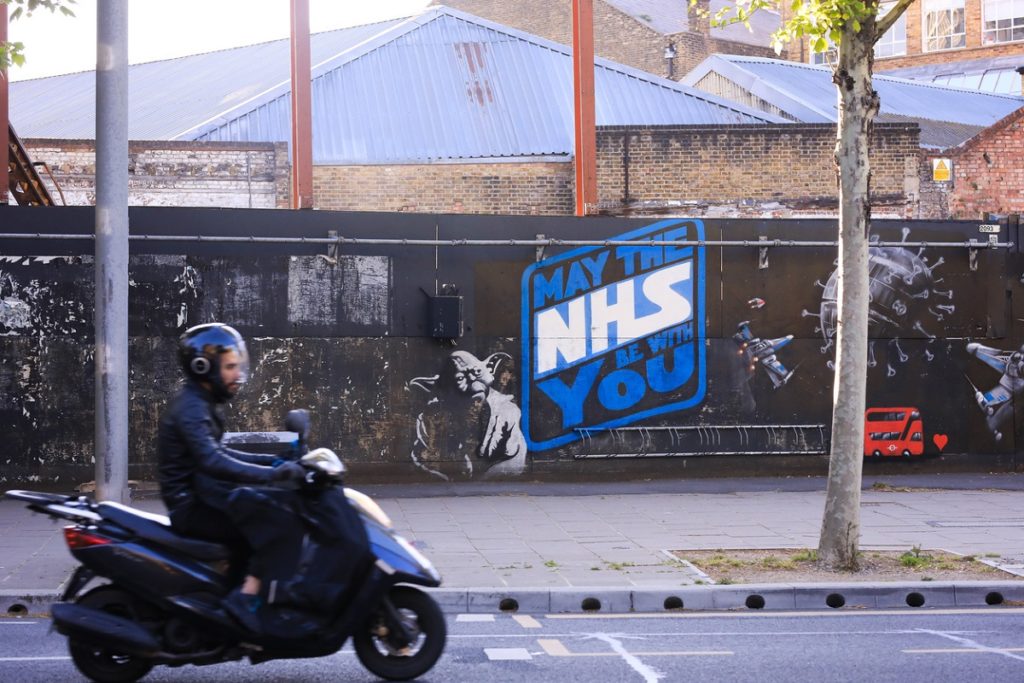The 96-hour junior doctors’ strike has entered its second day with the British Medical Association (BMA) and the government still far away from reaching a settlement.
As many as 47,600 early-career medics are thought to be taking action as the BMA demands “pay restoration” to 2008. The union claims that below inflation salary increases since then have eroded pay to levels where some receive around £14 per hour.
However, the BMA’s pay demand, which equates to a rise of around 35%, has been rubbished as “not fair or reasonable” by health secretary Steve Barclay.
Mr Barclay said: “We are ready to have discussions with them, but clearly a demand for 35% – over £20,000 for some junior doctors – is not fair or reasonable”.


Although the union insist they want to negotiate, Downing Street said yesterday that 35% was too high a figure to begin talks at. A spokesperson said the request was “completely out of step” with other pay settlements in the public sector.
Mr Barclay has now come under pressure from a predecessor to “pick up a telephone” to junior doctors.
Stephen Dorrell, health secretary under Sir John Major who has since joined the Liberal Democrats, told Sky News that the government will cause “bewilderment” with the public over the way the dispute is being approached.
Mr Dorrell said: “We all know they have to talk. And so frankly, I think it’s beholden now on the secretary of state – who is the man responsible for delivering care for patients – to simply to pick up a telephone and get the conversation going”.
He added: “We all know both sides have to change their position. Isn’t the obvious way to do that to start talking?”.
Mr Barclay has criticised the BMA for not adequately planning for the strikes, but the union insists it has a system to provide staff to hospitals which are struggling.
The union has cleared seven junior doctors to be on call to assist the emergency department at Weston General Hospital.
It has been estimated that some 350,000 appointments and operations have been rescheduled as a result of the action with senior doctors and other medics not on strike having been diverted to cover services such as A&E and maternity care.
NHS England’s national medical director, professor Sir Stephen Powis, has warned that for each day of strikes “we expect the situation to become more challenging”.
It comes as yesterday saw junior doctors picket outside various hospitals as part of industrial action that is set to continue until 7 am on Saturday.
Commenting on the strikes, the prime minister’s spokesman said yesterday: “We call on the BMA and junior doctors to cease their strikes and revise their starting point for negotiations, which is 35 per cent, which we continue to believe is unreasonable. It is not affordable to the British taxpayer”.
They added: “We cannot negotiate from the starting point. We’re ready to sit down, if they remove that 35 per cent starting point and cease industrial action”.

